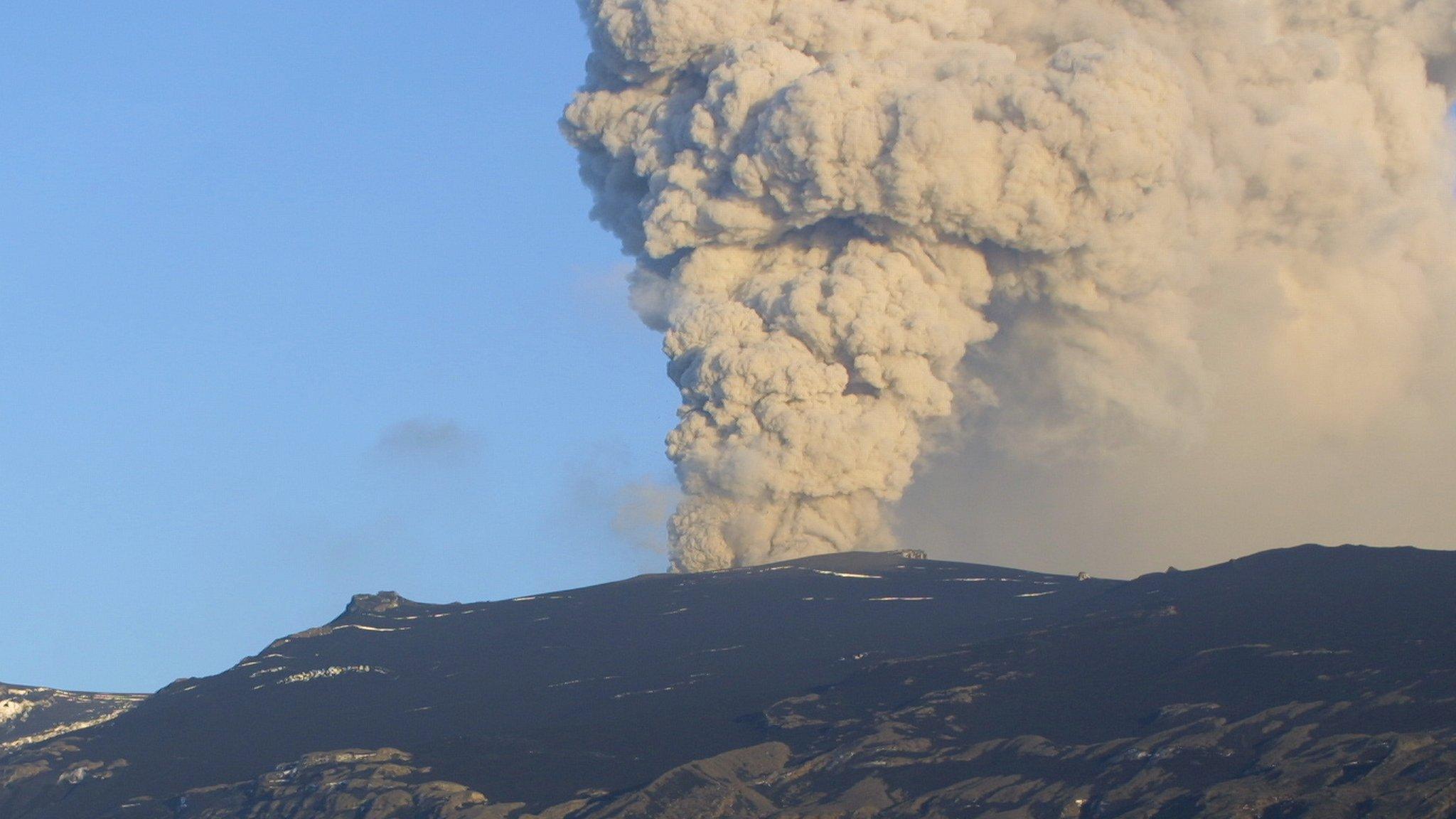Fishing boats become citizen science data platforms
- Published
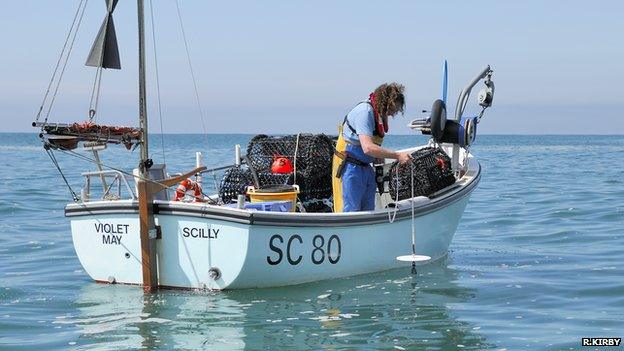
A research programme aims to encourage partnerships between commercial fishermen and scientists
Fishermen in South Devon, UK, have turned their boats into "massive data platforms" for a citizen science study.
They have become the first commercial fishers to gather data for the Secchi Disk Study, which is gathering data on the state of the oceans' phytoplankton.
To date, there is little scientific information on the health of the tiny marine plants that form the basis of global food chains.
The data will also help fishermen manage stocks, a skipper told BBC News.
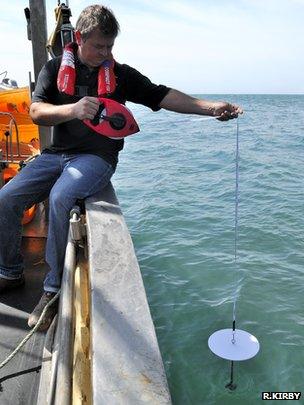
Fishermen like skipper Alan Steer recognise the importance of working alongside scientists
"We've been working with scientists on-and-off for several years, doing studies on crabs and lobsters, migration patterns and it's been an easy progression to work with the Secchi disk to measure the plankton because nothing has really been done on the plankton," explained Alan Steer, a third generation fisherman and skipper of the Superb-Us.
"Understanding the plankton has a real relevance to what we do because it is the food source for everything in the sea."
Mr Steer and other members of the South Devon and Channel Shellfishermen association have been collecting data for the Secchi Disk Study, a citizen science project.
Launched in 2014, the project allows sailors and fishermen to download an app to their smartphone that allows them to upload readings taken from their Secchi Disk.
The white disk measures 30cm (1ft) in diameter and is lowered into the water on the end of a tape measure. When it is no longer visible from the surface, the reading - known as the Secchi depth - is recorded.
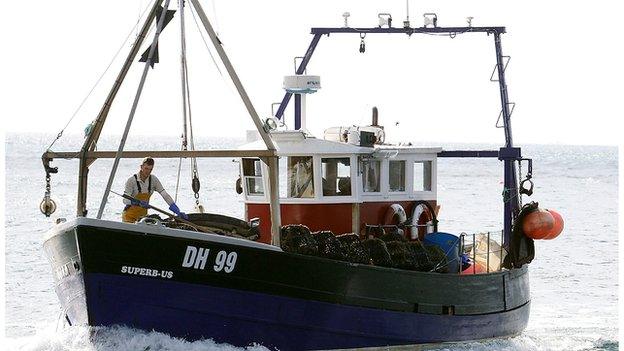
Fishing boats, such as the Superb-Us, are regularly at sea - often in the same locations - and can harvest valuable data for scientists
Marine biologists have been using the Secchi disk method to measure the abundance of phytoplankton for 150 years.
"It's very important to the fishing industry that we know the abundance of phytoplankton in the water because it determined the productivity right the way up through the whole food chain," explained Richard Kirby, founder and lead scientist of the Secchi Disk Project.
"They determine the amount of fish in the sea, the amount of crabs or lobsters on the seabed, even up to the number of polar bears on the ice."
Mr Steer explained how he and his crew collected the data: "With crab fishing, we are hauling crab pots all day. We are probably out for 10 hours at a time but using the secchi disk system, it's a two-minute job.
He told BBC News: "We stop at lunchtime for a cup of coffee and I literally walk out on deck, lower a white disk attached to a tape measure over the side.
"As soon as the disk disappears out of sight, we take a reading and enter that straight into a smart phone app, so it is very simple and easy to do.
"We think it is very important for fishermen to get involved in these types of projects because fishing boats are massive data platforms where we are able to collect huge amounts of data and if we can use plankton movements to understand crab stocks and movements as well," Mr Steer observed.
Dr Kirby explained that he decided to set up the citizen science project in order to gather more data in order to improve scientists' understanding about the changes in abundance of phytoplankton beneath the waves.
"We set up the project to answer a very big question," he told BBC News.
"In 2010, three Canadian scientists conducted a study and produce some results that suggested that the amount of phytoplankton in the world's oceans had declined by 40% over the past 50 years.
"If we remember that phytoplankton affects the abundance of life in the sea so that means there will be less life in the sea if the results are true."
Dr Kirby said the study's findings were very controversial: "There are not that many people out there studying the sea so we set up [the study] to engage people all around the world to measure the amount of phytoplankton using a very simple round, white disk."
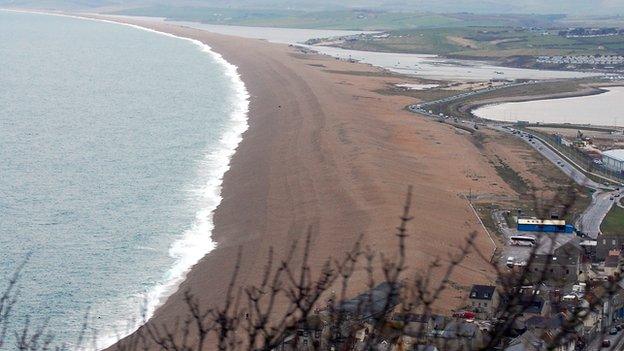
Decaying phytoplankton emits a gas called dimethyl sulphide (sulfide), which is responsible for the characteristic "smell of the sea" and plays a role in cloud formation
Another scientist working with the South Devon shellfishermen is Paul Hart from the University of Leicester. He explained that he has been working with them for a number of years.
"I discovered that they had a very interesting management regime down here that sees the partitioning of the static and the mobile gear. I was very interested to see how that worked," he said.
"Over the years, we have done work on the conservation effects of the areas for potting only and also, more recently, we've been looking at how to involve the fishermen more in the management of their own resources."
Prof Hart told BBC News that the current work is attempting to bridge the divide between scientists and commercial fishermen, allowing them to have a direct voice in the management and regulation of the waters they fish.
"What we have essentially been doing is involving them in gathering data and eventually building a computer model of the crab fishery, which we hope then use later for conservation and sustainability studies," he said.
Prof Hart said the project should help the fishermen in a number of ways: "It should help them justify their activities in the face of management agency questions, and it also gives them more credibility when they are in negotiations with local management agencies.
"It also helps them better understand why the fishery has to be regulated in some way."
- Published10 March 2014
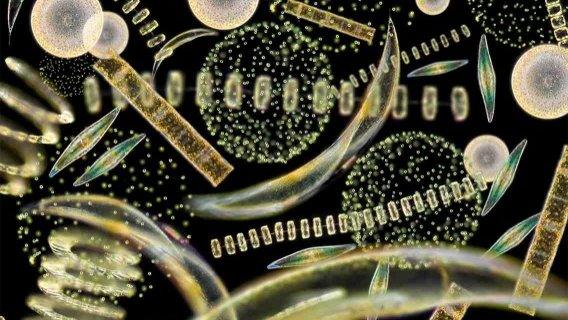
- Published23 February 2013
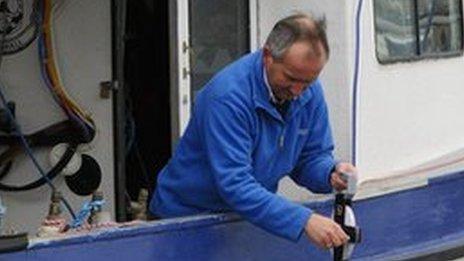
- Published26 September 2012
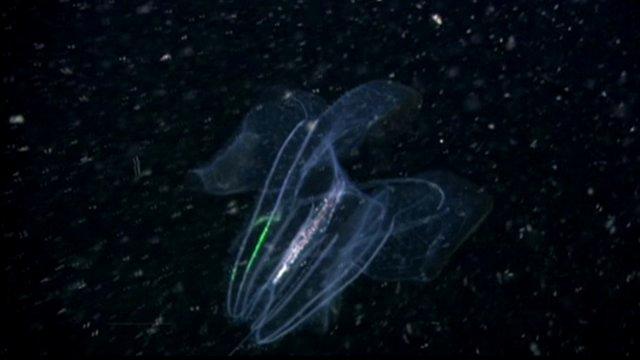
- Published23 July 2014
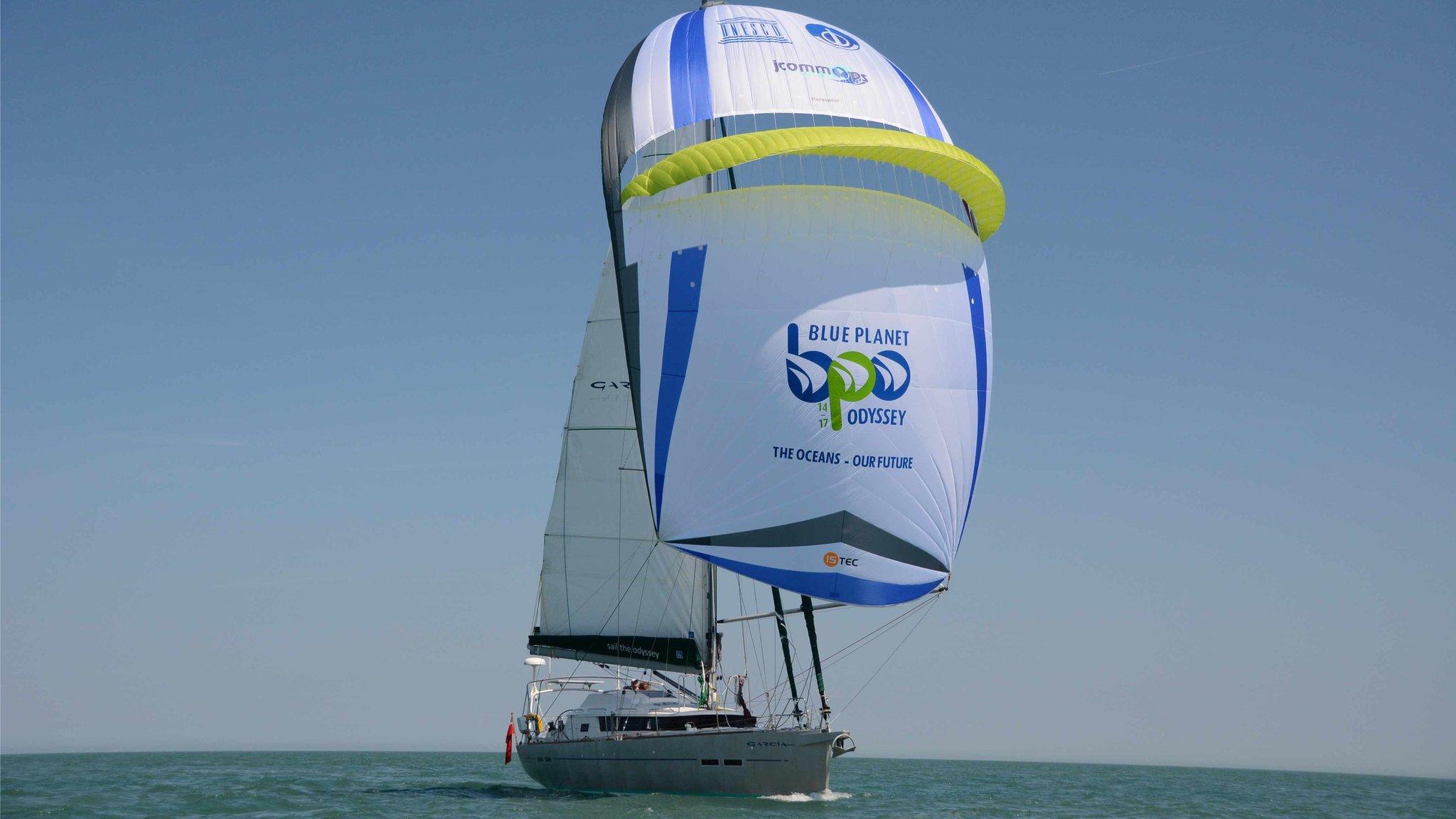
- Published28 July 2010
- Published10 April 2013
